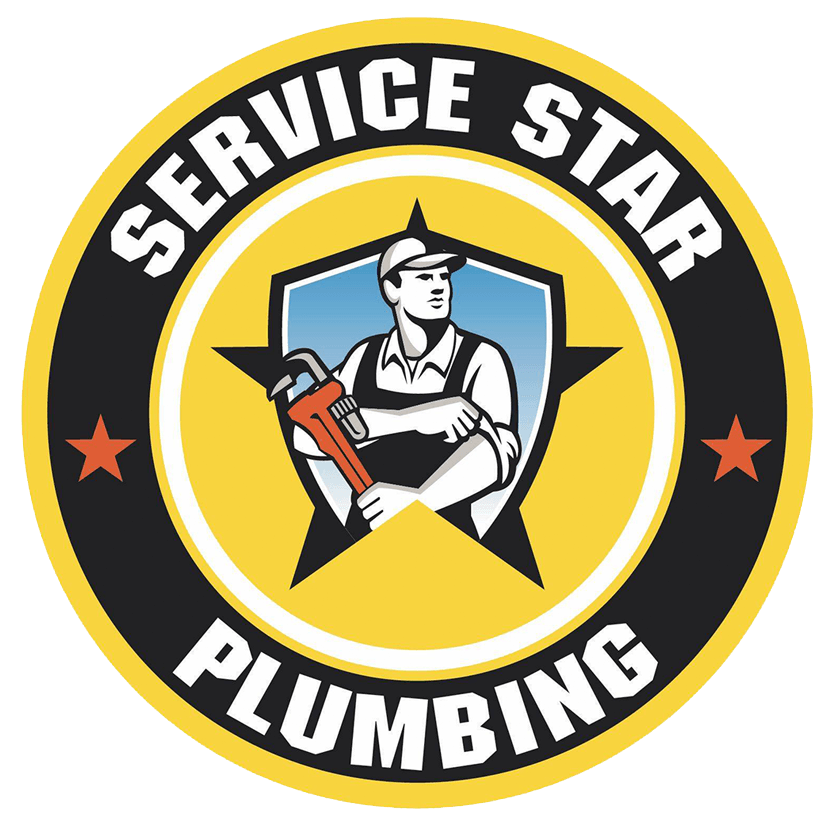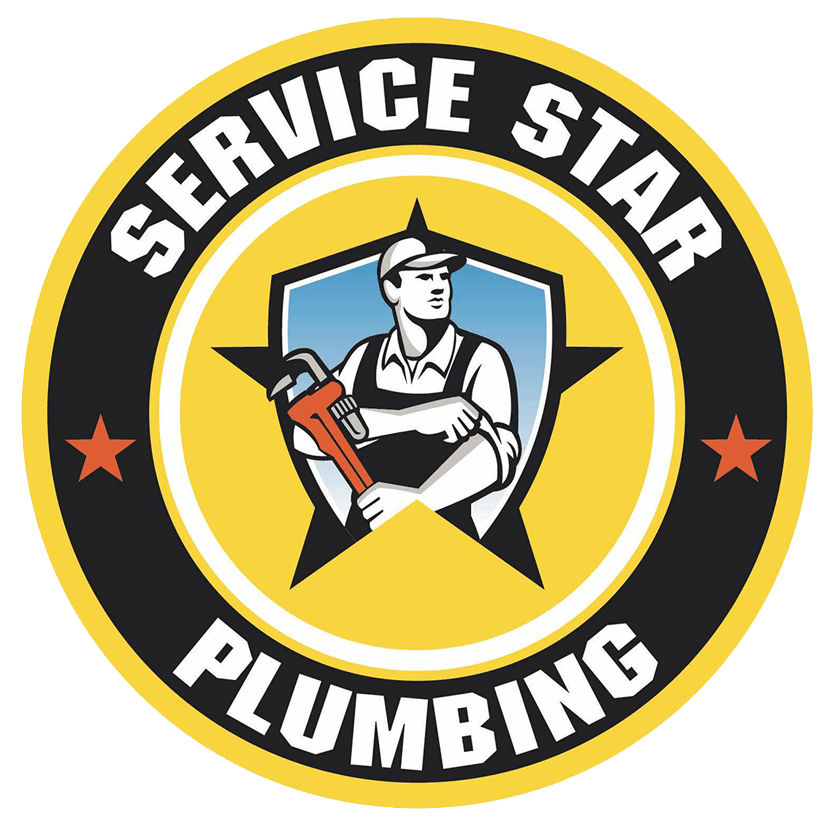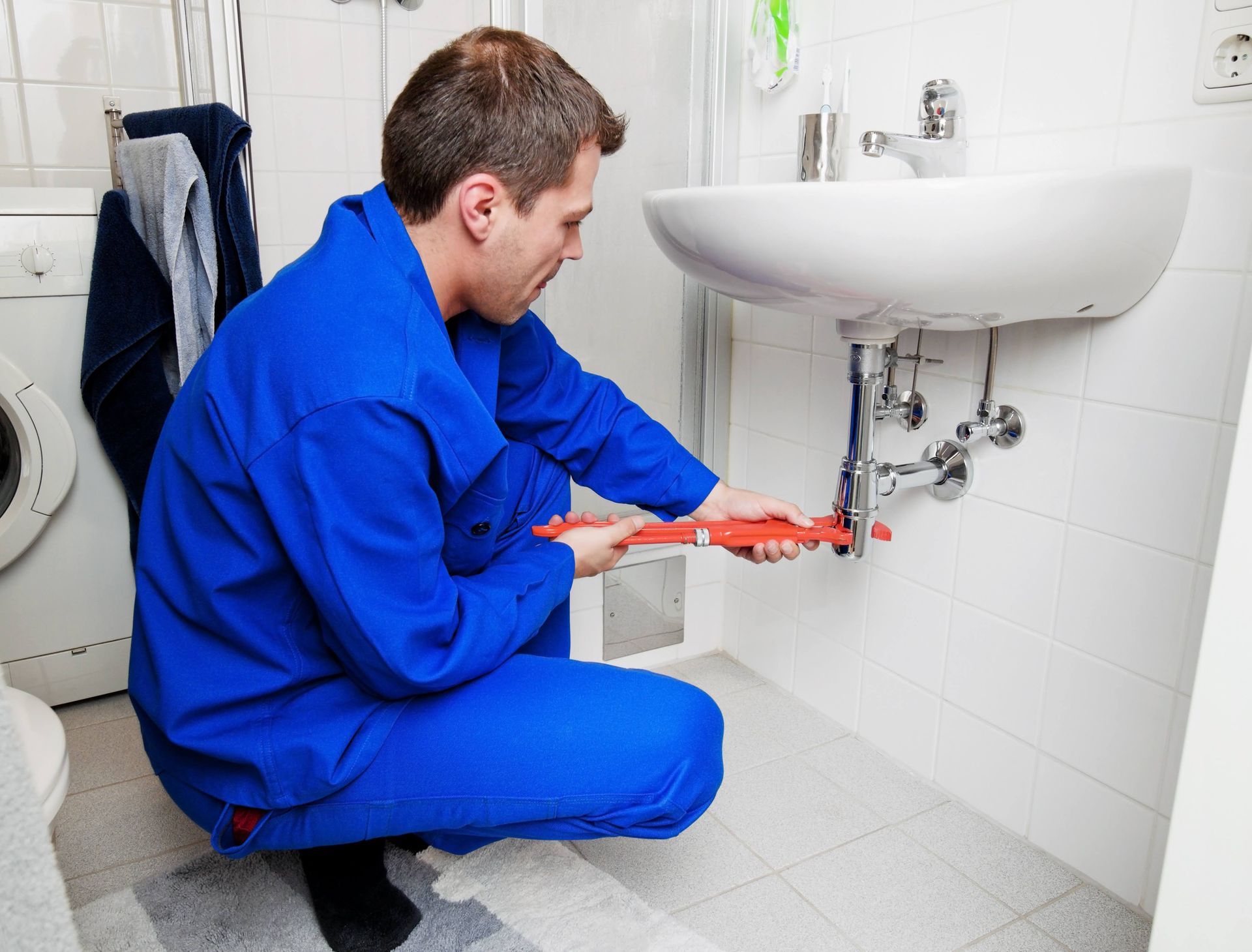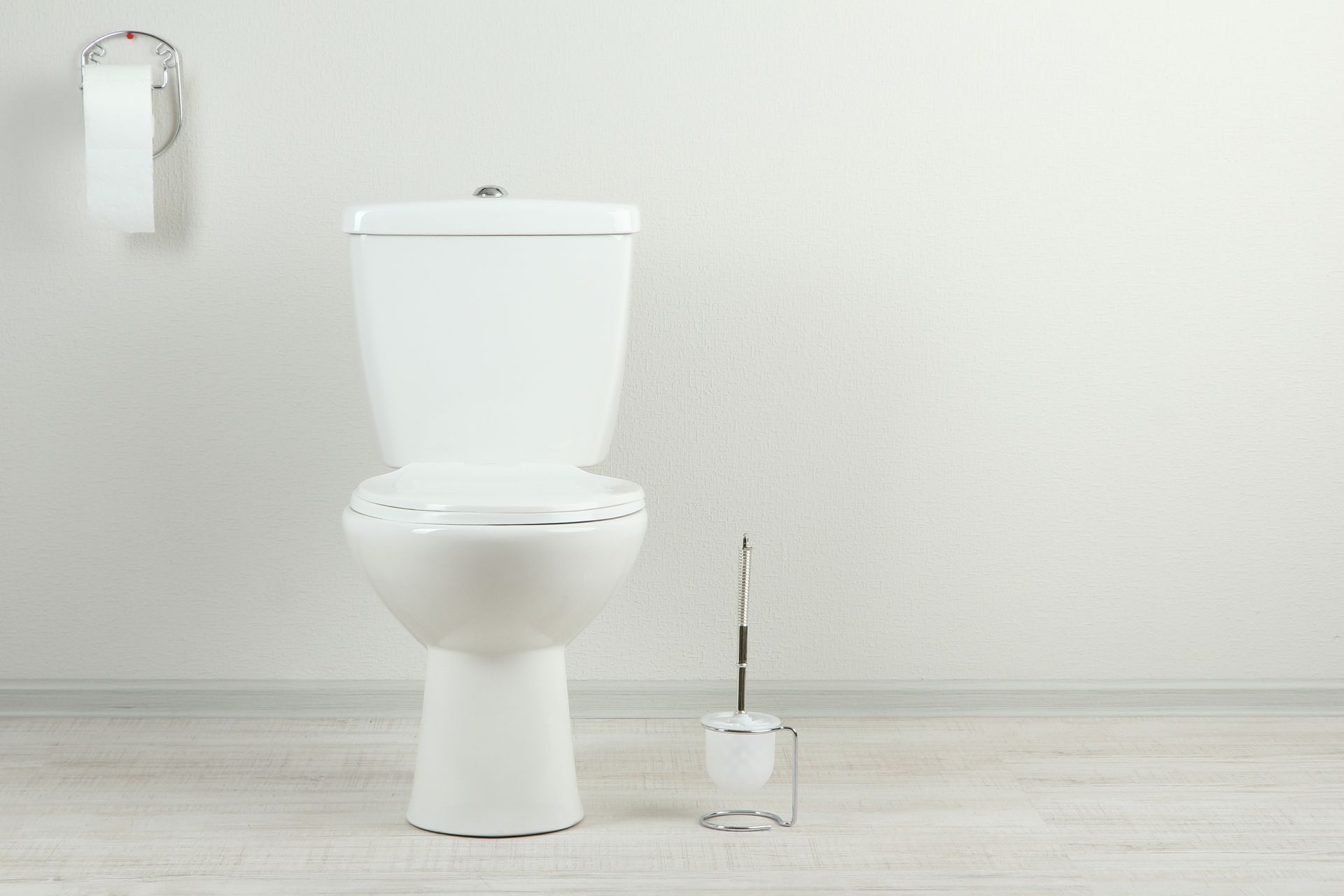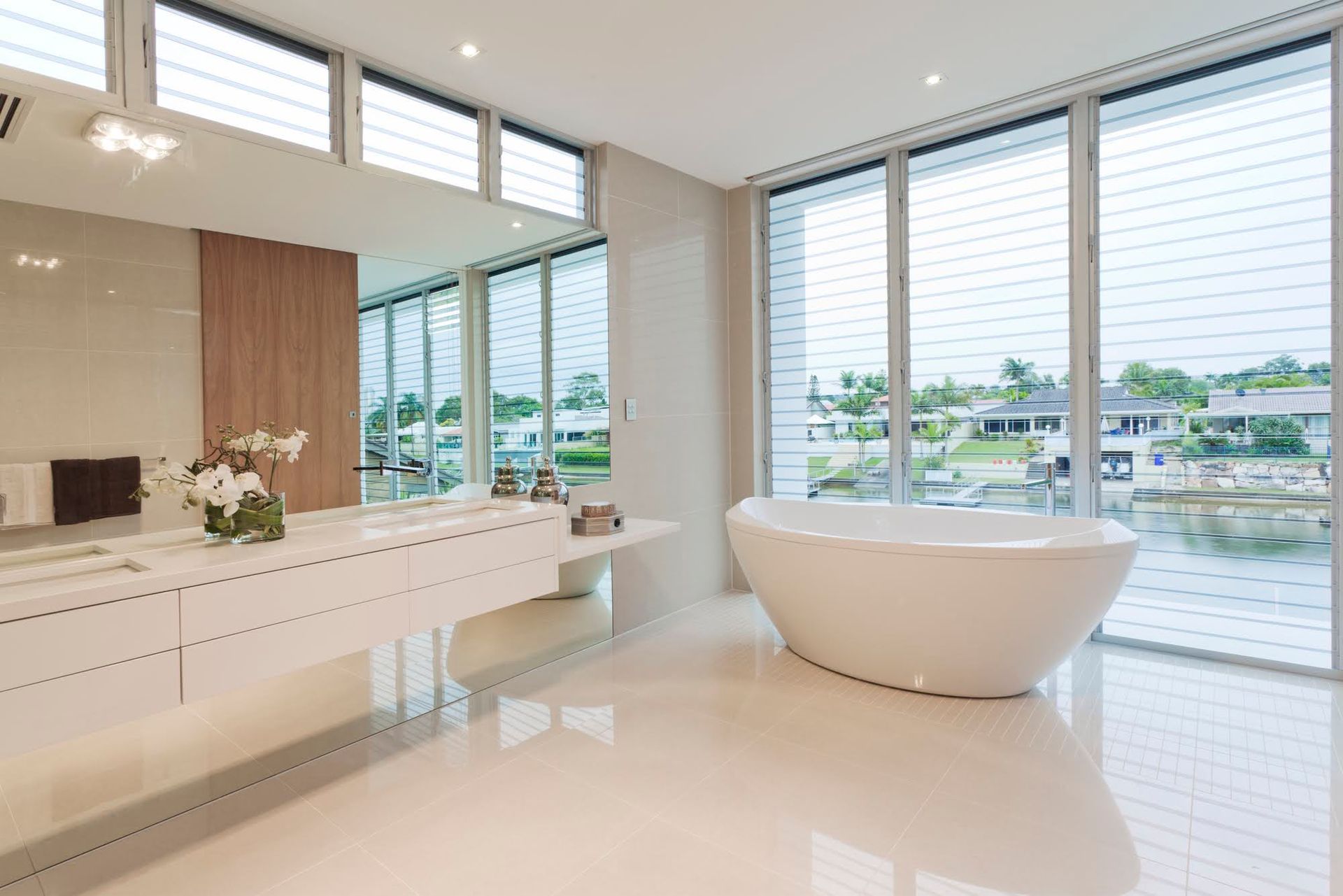Local Plumber In Brooklyn Park Servicing The Twin Cities Metro Area
Local Plumber in Brooklyn Park, MN Servicing Twin Cities Metro Area
Call Us Now!
Signs Your Home Needs Repiping
Maintaining a well-functioning plumbing system is crucial for the overall health and comfort of your home. Over time, pipes can deteriorate due to various factors, leading to potential issues that may require repiping. Identifying these signs early on can save you from extensive damage and costly repairs. In this blog post, we'll explore six key indicators that your home might be in need of repiping.
Poor Water Pressure
When you turn on a faucet or take a shower, you expect a steady and strong flow. However, if you've noticed a decline in water pressure, it could be a sign that your pipes are facing challenges. Mineral deposits can accumulate over time, restricting water movement through the pipes. Reduced water pressure not only affects your daily activities but can also indicate deteriorating pipe health.
Frequent Plumbing Leaks
Discovering plumbing leaks in your home can be frustrating, and dealing with them repeatedly is a clear sign that something may be amiss within your pipes. Leaks not only waste water but can cause severe damage to your property if left unattended.
Over time, the structural integrity of pipes can be compromised, leading to vulnerabilities that result in leaks. These leaks may occur in various places, from under sinks to within walls.
Failure to address frequent plumbing leaks promptly can lead to water damage, mold growth, and compromised structural stability. The cost of repairing water-related damage is often higher than investing in repiping to prevent future leaks.
Smelly or Discolored Water
Water quality is paramount for the health and safety of your household. If you've noticed an unusual smell or discoloration in your tap water, it's crucial to investigate the potential causes.
Discolored or smelly water can result from rust, sediment, or bacterial growth within the pipes. Corrosion may introduce impurities into the water supply, affecting its color and odor. Consuming water with unpleasant odors or discoloration poses health risks.
Testing your water quality and consulting with a professional plumber can help pinpoint the cause of the issue. Repiping may be recommended to eliminate the source of contamination and provide clean, safe water for your household.
Corrosion
Corrosion often occurs over time due to factors such as water acidity, chemical reactions, and the age of the pipes. It manifests as green or brown stains on the exterior of exposed pipes. Ignoring visible corrosion can lead to weakened pipes, increasing the risk of leaks and potential bursts. Addressing corrosion promptly is essential to prevent extensive damage to your plumbing system.
Noisy Pipes
Unusual sounds emanating from your plumbing system can be unsettling. Banging, clanking, or rattling noises may indicate an underlying issue that, if left unaddressed, can lead to more severe problems. Noisy pipes are often a result of water hammer, a phenomenon where water suddenly stops or changes direction within the pipes. This can lead to stress on the pipe joints and structural damage over time.
By replacing older pipes, you create a more stable and quiet plumbing system, ensuring the smooth operation of water flow without disruptive sounds.
Frequent Clogs
Dealing with clogged drains or toilets occasionally is common, but if you find yourself facing frequent or stubborn clogs, it could be a symptom of a more significant issue within your plumbing system.
Aging pipes can develop interior buildups of debris, grease, and mineral deposits, contributing to persistent clogs. These obstructions impede the smooth flow of water and increase the likelihood of backups.
From poor water pressure to frequent clogs, each indicator serves as a warning that should prompt action. Consulting with a Service Star Plumbing and considering repiping when necessary can save you from costly repairs and ensure the longevity of your home's plumbing infrastructure. Contact us now for more information.
Business Hours:
Monday - Friday 8:00 am - 4:00 pm
We book appointments 24 hours a day.
